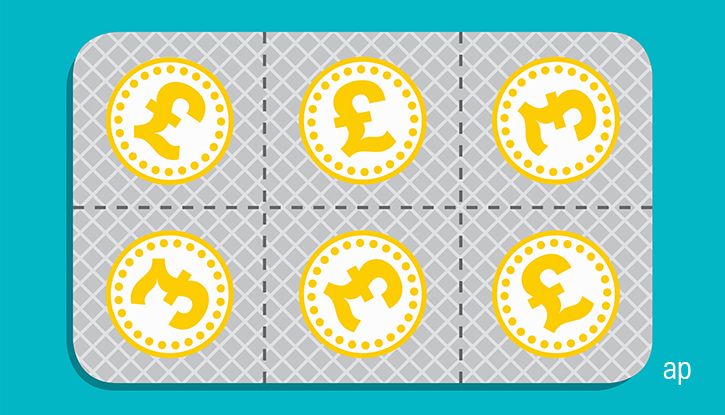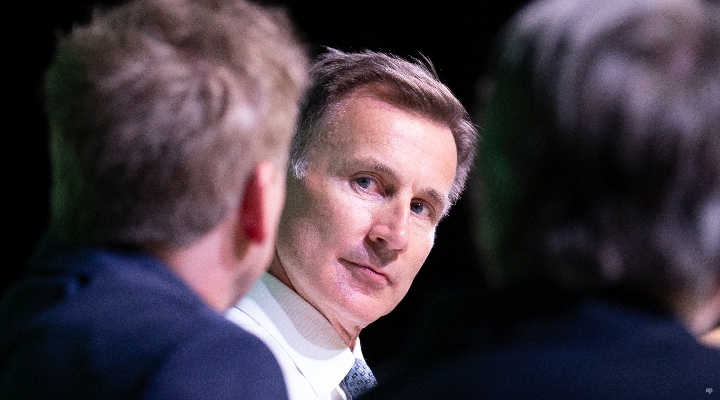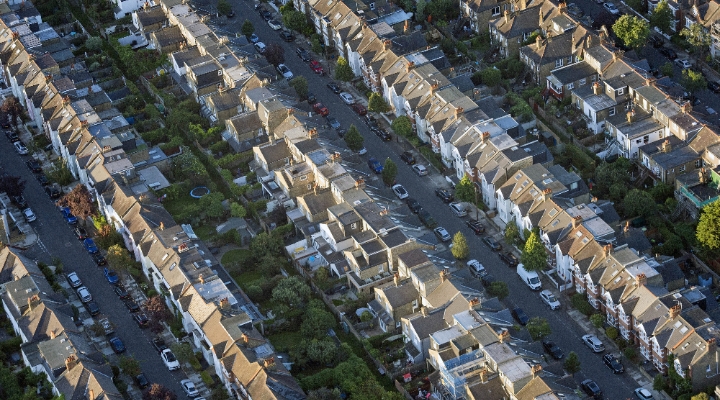
Ahead of today’s Budget speech, the chancellor confirmed that the energy price guarantee which caps average household bills at £2,500, will be extended at its current level from April to June.
It had been due to rise to £3,000 in April and the cost of scrapping the planned 20% increase will amount to around £3 billion.
Prime minister Rishi Sunak said: "We know people are worried about their bills rising in April, so, to give people some peace of mind, we're keeping the energy price guarantee at its current level until the summer, when gas prices are expected to fall.
"Continuing to hold down energy bills is part of our plan to help hard-working families with the cost of living and halve inflation this year."
Falling global energy prices mean that the current level will be extended to "bridge the gap" until costs are expected to fall below the cap.
Hunt said: "High energy bills are one of the biggest worries for families, which is why we're maintaining the energy price guarantee at its current level.
"With energy bills set to fall from July onwards, this temporary change will bridge the gap and ease the pressure on families, while also helping to lower inflation too."
Changes to Pension Allowances?
The lifetime allowance (LTA) currently stands at £1.07 million, with savers incurring tax after that personal pension pot threshold has been exceeded.
Strikes Galore
Sluggish UK growth has dominated political and economic debate in recent months, while the challenge of inflation and widespread industrial disputes over public sector pay have not gone away.
The Budget takes place against a backdrop of strikes involving teachers, university lecturers, civil servants, junior doctors, London Underground drivers and BBC journalists.
Hunt is expected to refer to the "difficult decisions" taken last November to stabilise the markets, following the short-lived premiership of Liz Truss, as he pitches a plan the Government hopes can deliver "sustainable" growth.
Lower-than-expected borrowing figures have created some good news for the Treasury on the public finances, but the chancellor is still likely to proceed with caution and avoid any spending largesse.
"Today, we deliver the next part of our plan: a Budget for growth," he is expected to say.
"Not just growth from emerging out of a downturn, but long-term, sustainable, healthy growth that pays for our NHS and schools, finds good jobs for young people, provides a safety net for older people… all whilst making our country one of the most prosperous in the world."





























